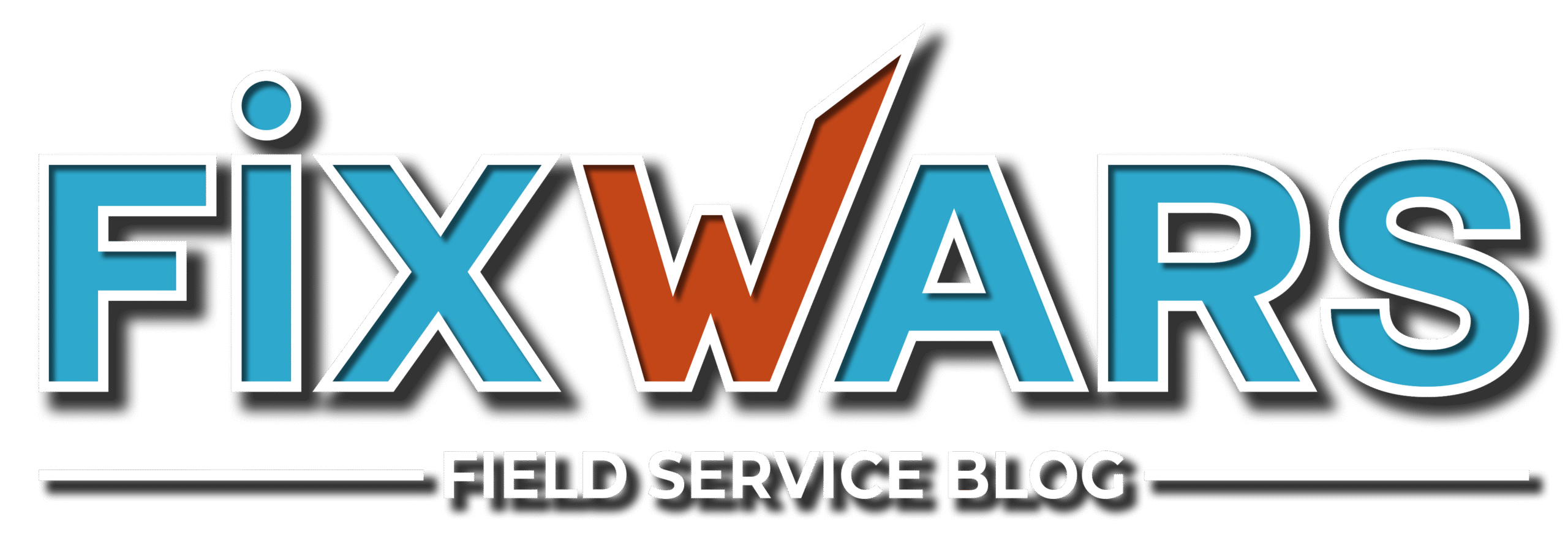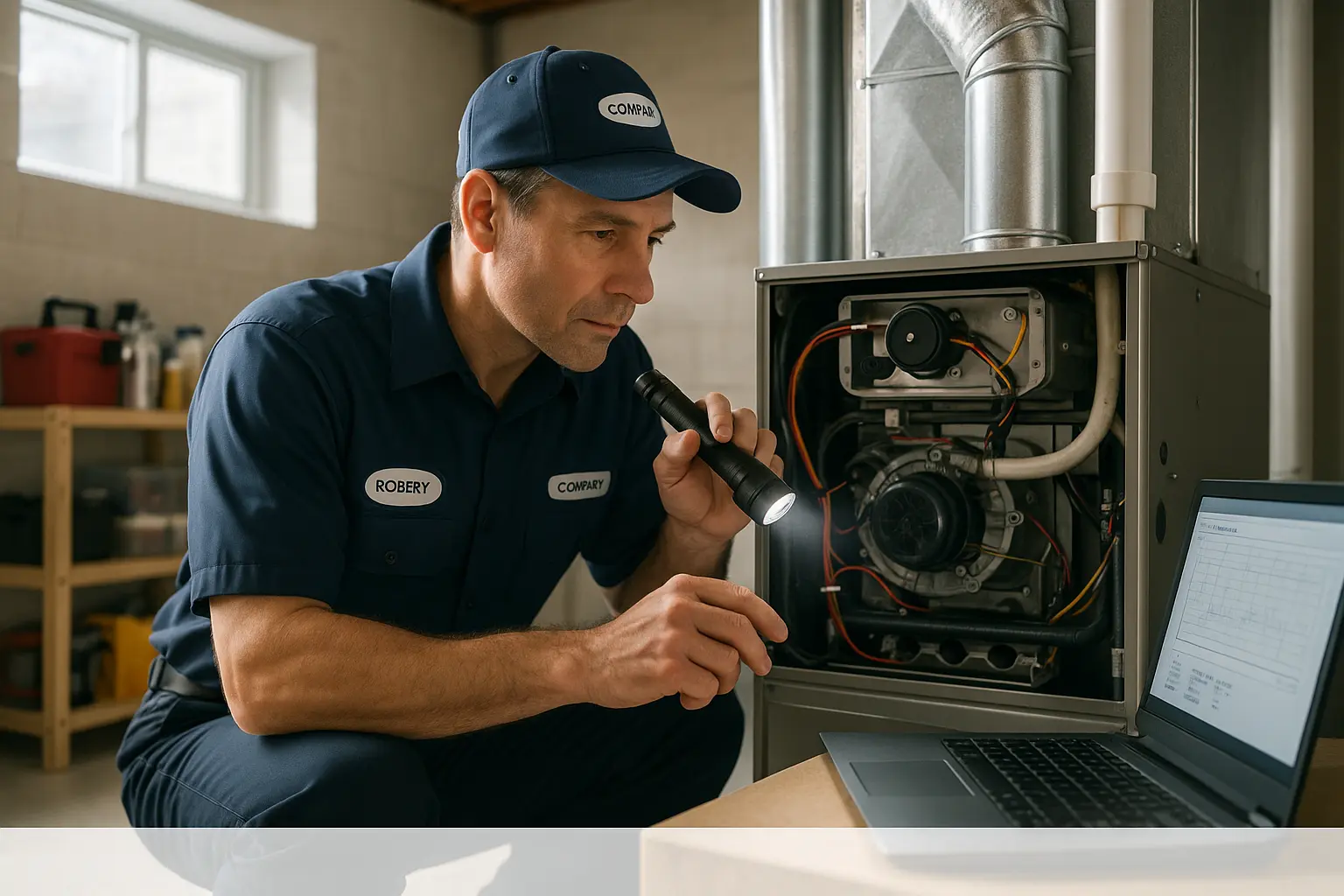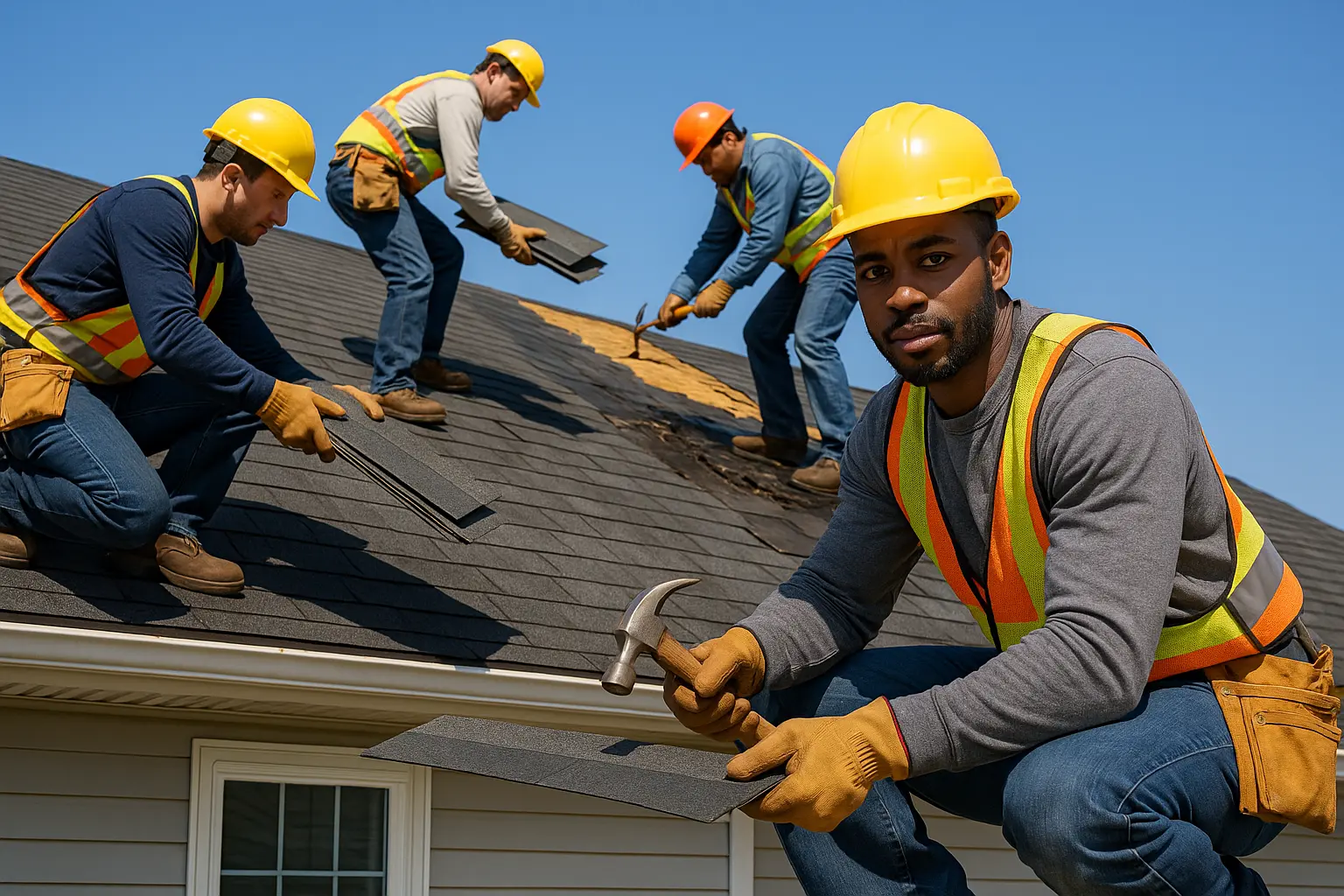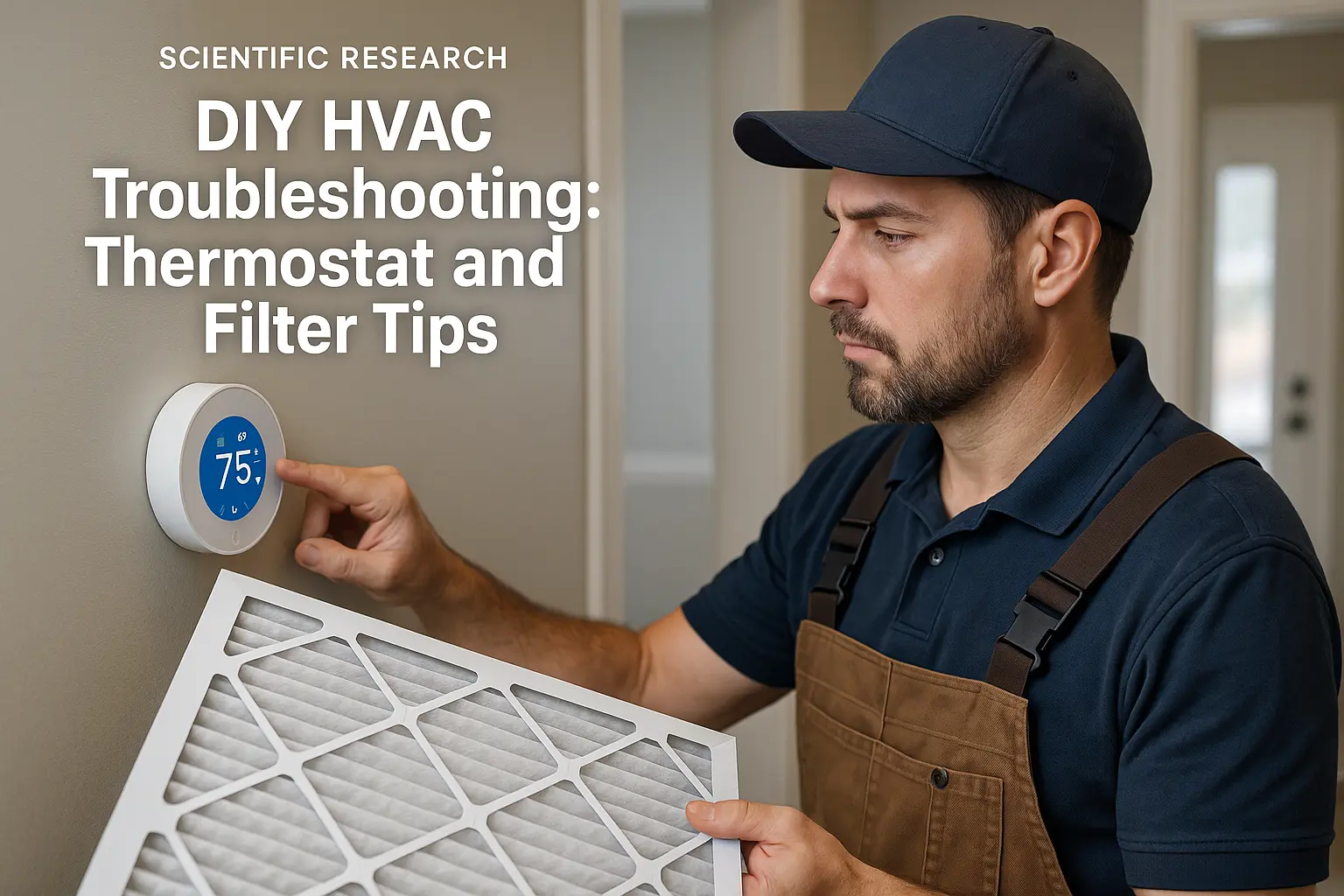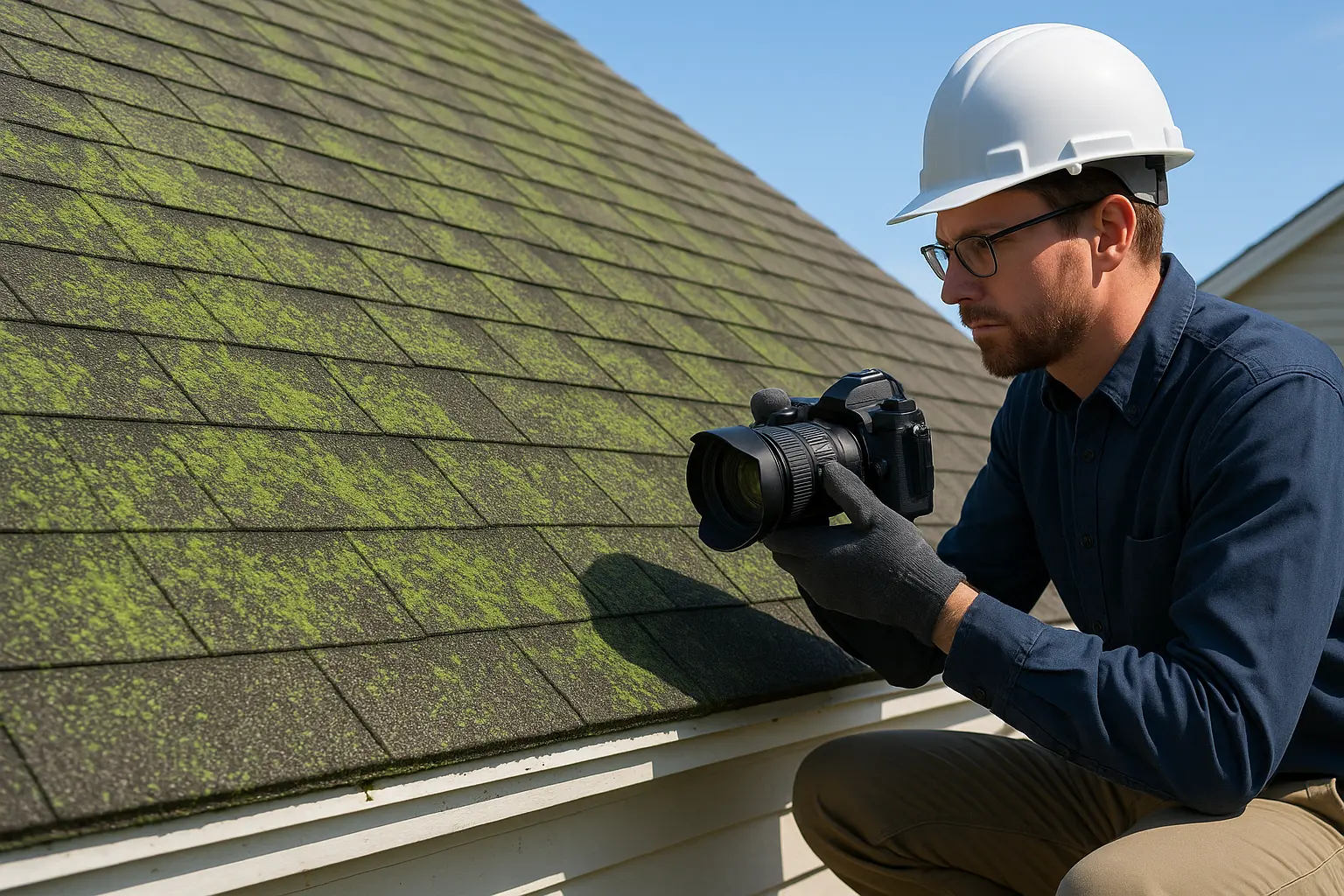Introduction
When winter arrives, the cold can feel relentless, especially if your home depends on an HVAC system that isn’t fully ready for the freezing temperatures. Staying warm isn’t just about comfort – it’s about ensuring your heating and ventilation system runs smoothly during the cold months. A well-cared-for system not only cuts down on your energy bills but also prevents unexpected breakdowns and extends the life of your equipment. This guide is here to help you get your HVAC system winter-ready, giving you the assurance of a snug and secure home.
With winter’s unpredictable weather and plummeting temperatures, your HVAC system is put to the test. Preparing ahead by spotting small issues early on can help you sidestep major repairs and system failures. Whether you’re focused on keeping your home cozy as a long-term investment or looking to boost energy efficiency, this guide provides valuable insights to keep your heating system in top shape during the frosty season. Remember, regular furnace check, insulation, heating techniques, when combined with a thorough winter HVAC prep, make all the difference.
Furnace Check, Insulation, Heating Guidelines
A key element of a safe winter season is knowing how your HVAC system works and what to watch out for. Modern equipment relies on several crucial components that need to work as a team. In particular, performing a reliable furnace check, insulation, heating routine helps ensure that everything runs as expected during severe weather.
This article uses everyday language, hands-on tips, and even some important pointers on winter HVAC prep, ensuring that homeowners and renters alike can perform many of these checks on their own or know when it’s time to call in a pro.
Understanding Your HVAC System
Components and Functionality
Your HVAC system is an intricate assembly of parts working together to keep indoor spaces comfortable. It usually consists of several core elements:
- Heating Unit: Typically a furnace or boiler, it creates the required warmth, whether it’s fueled by natural gas, oil, or electricity. Each method has its own upkeep routine.
- Ventilation: This process exchanges indoor and outdoor air, helping remove moisture, odors, and various pollutants, which leads to cleaner and healthier air.
- Air Conditioning: For homes with dual systems, a cooling feature works in tandem during warmer months. So, even in winter, the upkeep of your air conditioner is important.
- Thermostat: The smart brain of your system helps regulate the home’s temperature. Newer models offer programmable settings that maintain energy efficiency while keeping temperatures steady.
The interdependence of these components matters. For example, when the indoor temperature falls beneath a set level, the thermostat signals the heating unit to activate. Once the heat is produced, a well-functioning ventilation system spreads it evenly. Without a smooth collaboration, even a small lapse can cause your system to overwork, potentially increasing energy costs and wearing out parts faster.
Taking time for a thorough furnace check, insulation, heating not only prevents problems but also enhances system efficiency and supports smart winter HVAC prep practices.
Recognizing Common Issues
Awareness of early warning signs can prevent a winter mishap. Many problems arise from issues such as:
- Dirty or Clogged Filters: Over time, filters collect dust and debris, hampering airflow and forcing your system to work harder. This inefficiency can lead to higher energy consumption and increased bills.
- Miscalibrated Thermostats: A thermostat that isn’t working correctly might cause uneven heating or unexpected temperature drops.
- Blocked Vents: Sometimes, vents get obstructed by dust, debris, or even the placement of furniture, interfering with proper air circulation.
- Component Wear and Tear: Parts such as blowers and burners face daily stress. Routine use can accelerate deterioration, and if unchecked, can lead to erratic performance or failure.
Detecting these issues early is crucial. Regular maintenance, combined with a careful furnace check, insulation, heating procedure, ensures that problems are nipped in the bud before they evolve into larger, costlier repairs. Incorporating consistent winter HVAC prep along with your scheduled inspections can dramatically extend the life of your system.
Importance of Pre-season Checks
Before the cold snaps, performing pre-season inspections is vital. Taking precautions ahead of time has far-reaching benefits:
- Early Repairs: Spotting minor troubles before they escalate can help avoid big, expensive fixes.
- Better System Performance: A well-maintained system keeps everything working smoothly even when temperatures drop dramatically.
- Energy Savings: Efficient systems use less power. When your system is in peak condition, it naturally consumes less energy, leading to lower utility bills.
- Long Lasting Equipment: Regular upkeep not only increases performance but also prolongs your equipment’s life. A timely furnace check, insulation, heating and proper winter HVAC prep can delay the need for a full system replacement.
Keeping a maintenance journal—one that records cleaning schedules, adjustments, and repairs—can also be an effective way to track your system’s health. This routine makes remembering when it’s time for the next check much easier and helps prevent surprises during the cold months.
Step-by-Step Preparation
Change Air Filters
One of the simplest yet most important tasks ahead of winter is replacing or cleaning your air filters. Over time, these filters gather dust, pet hair, and a variety of other particles that can clog the system. Here’s why this simple step is critical:
- Boosted Airflow: Fresh filters let the air move freely, which is key to effective heating. When filters are blocked, your system must work harder, leading to potential damage and higher energy use.
- Energy Efficiency: A clean filter lightens the load on your HVAC system. This means less energy is consumed, which can really help during the high-demand winter season.
- Improved Indoor Air Quality: Regular filter changes help keep the air in your home clean and free from allergens and pollutants, contributing to a healthier living environment.
A regular furnace check, insulation, heating routine, including filter replacement every 1-3 months, can be the difference between steady warmth and constant system struggles. This routine is a key piece of overall winter HVAC prep.
Test the Thermostat
The thermostat plays a central role in maintaining an even temperature in your home. A faulty thermostat can cause erratic heating, leaving rooms too cold or too hot. Follow these steps to ensure your thermostat is in top shape:
- Ensure Calibration: Use an independent thermometer to check whether the thermostat’s reading matches the actual room temperature. Adjust or calibrate as needed.
- Consider Upgrades: If your thermostat is outdated, consider switching to a programmable or smart option. A smart thermostat can lower the heat when you’re not around and warm up the house just before you return, enhancing both comfort and energy efficiency.
- Run Diagnostic Tests: Many modern thermostats have built-in self-checks to alert you about potential issues. Use these diagnostic features as part of your regular winter HVAC prep to catch problems early.
By taking time for these checks, you ensure your heating strategy stays consistent. An effective furnace check, insulation, heating schedule works best when the thermostat and the rest of the HVAC system work in perfect sync.
Inspect and Clean Ducts
The ductwork in your home is the highway for warm air. If these channels get dirty or blocked, air circulation suffers, leading to uneven heating. Here’s what you need to do:
- Clear Pathways: Blocked ducts can restrict airflow and force the system to overwork. Keeping ducts free from dust and debris is essential for optimal performance.
- Promote Healthier Air: Buildup in ducts can cause mold and dust accumulation, affecting the air quality inside your home. Routine cleaning helps alleviate these concerns.
- Maintain Safety: Clogged ducts can sometimes overheat, posing a potential hazard. Regular inspections, as part of a thorough winter HVAC prep, greatly reduce this risk.
A detailed furnace check, insulation, heating plan includes periodic duct cleaning. A family once saw significant improvement both in heating consistency and in their overall indoor air quality after having their ducts professionally cleaned. A similar pre-winter procedure can keep your system running efficiently.
Troubleshooting Tips
Addressing Noise Concerns
If your HVAC system starts making weird sounds, don’t ignore them. Unusual noises—like rattling, banging, or high-pitched squeals—are often early clues of issues that need attention. Consider these steps to distinguish the root of the problem:
- Source Location: Try to narrow down whether the noise comes from the furnace, blower parts, or the ducts. For instance, a high-pitched squeal might come from a worn-out belt or motor, while a banging sound could be linked to loose ductwork panels.
- Keep a Check Schedule: Regular inspections can catch these sounds early on. A little maintenance now, especially during dedicated winter HVAC prep sessions, can stop a small issue from turning big.
- Log the Noise: Write down when you first hear any strange noise and note the conditions under which it occurs. This record can be very helpful if you later decide to have a professional look at your system.
For example, one homeowner discovered that a persistent banging noise was due to a loose duct panel. After a simple fix, not only was the noise resolved but the overall system worked more smoothly. Regular furnace check, insulation, heating and proper winter HVAC prep can save you from larger headaches down the road.
Checking Burners and Blowers
Burners and blowers are vital in delivering warmth throughout your home. Their roles deserve close attention, particularly as the mercury drops:
- Burner Condition: Burners are responsible for igniting the fuel to produce heat. Keeping them clean from soot and debris ensures they burn efficiently, which is key to a steady heat output.
- Blower Functionality: The blower circulates the heated air. If it’s showing signs of wear or abnormal noise, the distribution of warm air may be uneven, leading to chilly pockets within your home.
Regular visual checks before winter help catch these issues early. Look for soot buildup, listen for changing sounds from the blower, and ensure the rotating fan is steady. Routine maintenance, including a timely furnace check, insulation, heating step embedded in your winter HVAC prep routine, can extend the lifespan of these components significantly.
Monitor Fuel Levels
For systems that rely on natural gas, oil, or propane, keeping track of your fuel supply is crucial. Running out during a cold spell can be more than inconvenient—it can be risky. Keep these tips in mind:
- Regular Fuel Checks: Monitor your fuel levels carefully, especially during long cold spells. A sudden drop could leave you without heat when it’s needed most.
- Set Up Alerts: Some fuel suppliers offer emergency alerts when the storage runs low. Signing up for these services is a smart move during rigorous winter HVAC prep.
- Stock Up When Possible: It might be a wise idea to have a small reserve of fuel available. A backup supply of oil or propane can help you avoid any unexpected disruptions during the harshest winter days.
Keeping an eye on your fuel levels is a small part of your overall furnace check, insulation, heating routine, but it plays a significant role in ensuring your heater runs continuously throughout winter.
Leveraging Professional Services
Furnace Check, Insulation, Heating Essentials
While many HVAC maintenance tasks are manageable for a determined homeowner, there are moments when a professional’s expertise is indispensable. Relying on experts has several benefits:
- Troubleshooting Persistent Issues: If you keep hearing strange sounds or if your home isn’t warming up as it should despite your efforts, it might be time to call a professional. Sometimes an expert’s inspection reveals issues that aren’t obvious at first glance.
- Handling Complex Repairs: Modern HVAC units are built with intricate components. When problems arise with the control board or internal wiring, it’s safer and more efficient to let a professional handle the repair.
- Regular Annual Maintenance: Even if everything seems fine, a yearly inspection by a certified technician can uncover hidden issues. This proactive winter HVAC prep can prevent major breakdowns during the freezing season.
Many homeowners have found that inviting a trusted technician not only resolves existing issues but also improves the overall performance of their heating systems in the long run. Relying on professional inspections is a powerful addition to your regular furnace check, insulation, heating routine.
Benefits of Professional Maintenance
Professional inspection and maintenance bring benefits well beyond simple fixes. Here are a few key advantages:
- Thorough Assessments: With specialized tools and deep knowledge, professionals can identify issues even when they’re not visible to the average homeowner. This detailed assessment is a major part of reliable winter HVAC prep.
- Improved System Efficiency: Regular servicing ensures that your HVAC system works at peak performance. This efficiency means your home stays warm while saving energy and cutting down on your bills.
- Extended Equipment Life: Addressing minor issues early, through expert care, can lengthen the life of your heater and related components, delaying the costly need for replacements.
- Professional Advice: Technicians can offer advice tailored to your home. They might suggest upgrades—like a switch to a smart thermostat—that could further optimize your heating system’s performance and comfort.
Families that invest in regular professional maintenance often see fewer breakdowns and more consistent heating throughout the winter months. Combining expert care with your own routine furnace check, insulation, heating can keep your system in prime condition for years to come.
Finding Reliable Professionals
Choosing the right expert for your HVAC system is crucial. Use these hints to guide your selection:
- Ask Around: Word of mouth from friends, neighbors, or family who’ve had positive experiences is invaluable. Their recommendations often point toward trusted local professionals.
- Check Credentials: Ensure the technician has proper certifications and enough experience with your type of system. Certified pros are more likely to stick to safety protocols and industry standards.
- Service Promises: Reliable companies usually stand by their work with warranties or service guarantees. This gives you extra comfort knowing that any issues post-service will be handled quickly.
- Local Experts: A professional with a strong local presence might offer faster service, which is especially important in the middle of winter. They often have insight into the specific heating challenges in your area, making their advice more applicable.
Doing a bit of research before hiring a technician ensures that your HVAC system receives the best care possible, rounding out your overall winter HVAC prep strategy.
Conclusion
Getting your HVAC system ready for winter is more than a seasonal chore – it’s a smart investment in comfort, efficiency, and the long-term health of your home. From regular filter changes and thermostat tests to the careful cleaning of ductwork and timely professional inspections, every step you take in your furnace check, insulation, heating routine pays off when the cold sets in.
Each element of the system, whether it is the air filters, the thermostat, or the ducting, plays a crucial role in maintaining an even temperature throughout your home. A well-organized winter HVAC prep schedule that incorporates these checks not only improves energy efficiency but also provides the reliability needed during the coldest months.
Ultimately, spending time on pre-season maintenance and following these detailed tips grants you peace of mind all winter long. Trust in your routine and consider professional advice when needed, as a comprehensive approach to furnace check, insulation, heating means fewer unexpected breakdowns, lower bills, and a warmer home.
Embrace the winter months with confidence. With careful inspection, timely repairs, and a handful of simple upgrades, your HVAC system can meet the harsh demands of winter. Remember that consistent winter HVAC prep, combined with a well-planned furnace check, insulation, heating routine, safeguards your home’s comfort for many seasons.
